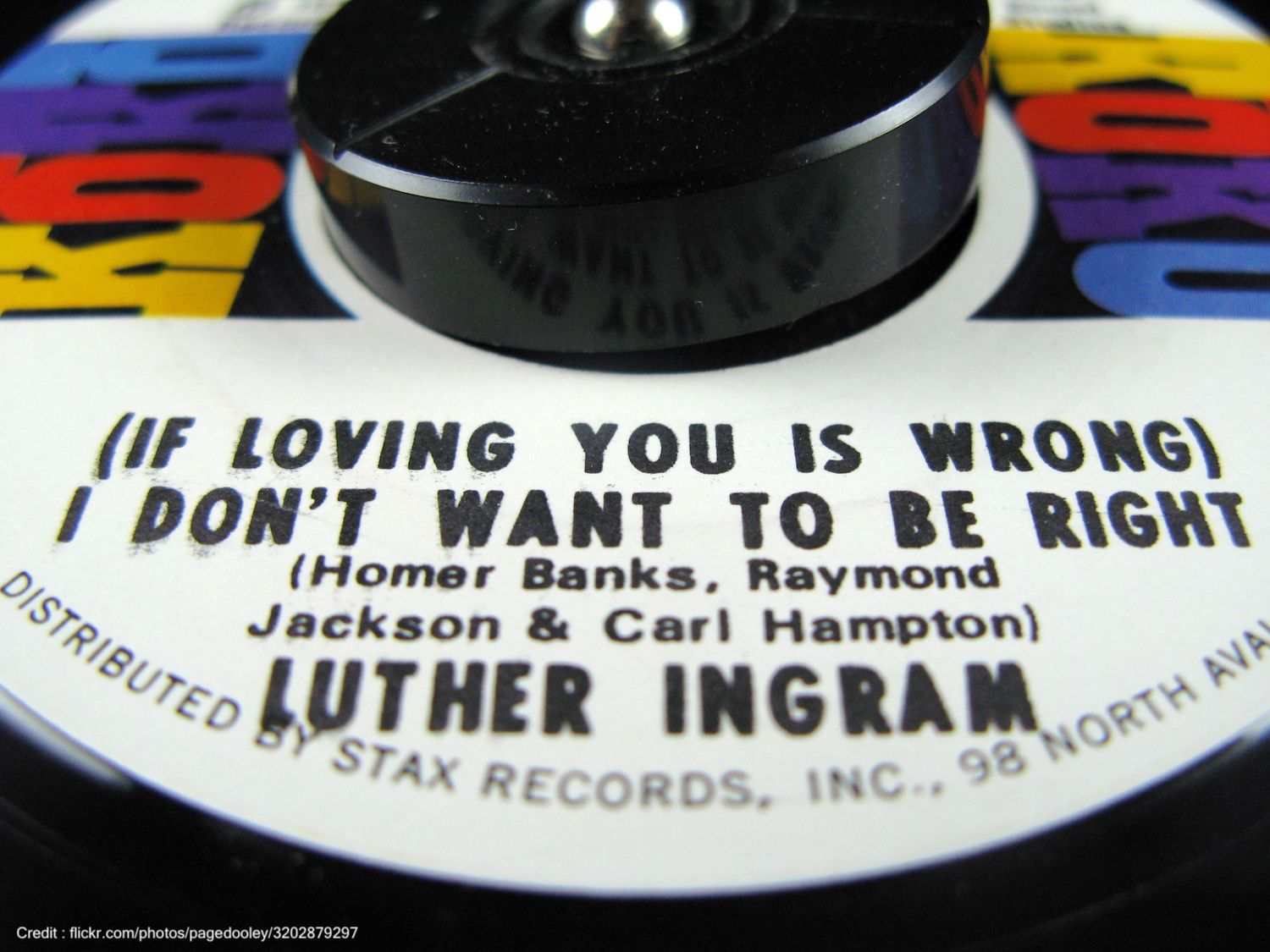You and your partner do everything together, so why not take the recovery journey as a couple? Understanding the reasons behind seeking treatment apart from one another can help significantly improve your treatment outcomes.
A close relationship with your family or your spouse may mean that you share almost everything; the excitement of a new opportunity, the smallest details of your day, or mutual support during a difficult time. Unfortunately for some, this may also mean sharing an addiction, and a need for recovery. If you’re in this situation, you may be considering whether you and a loved one should seek treatment together. After all, if addiction is part of your relationship, shouldn’t treatment also be?
Understanding the nature of relationships in which mutual addictions thrive is important in finding the right answer to this question. Typically, seeking treatment separately proves most effective for loved ones struggling with addiction.
Addiction and Codependency
Loved ones who share addictions are often in a codependent relationship, in which both individuals feed into the addiction of the other. This may be through a process of mutual enabling, or occur when partners trigger each other through words or actions. Codependency allows addictions to thrive, dissuading each partner from seeking treatment or adhering to a sober lifestyle.
Common characteristics of codependent relationships include things like:
- Persistent need for approval and external validation
- Inability to say “no”
- Acute sense of rejection, particularly if help or support is not accepted
- Issues with self-esteem
- Fear of abandonment
- Feelings of guilt around advocating for one’s own needs
- Feeling responsible for how others think or feel
Therefore, part of overcoming addiction is for each partner to identify and disentangle themselves from a codependent relationship. Typically, this is most effectively done separately, in which each party can examine their role in the relationship, as well as the triggers or enabling factors that their partner contributes to. Once this work is completed, couples or family members may come back together via couples or family therapy to then further explore their relationship dynamics.
Why Seeking Treatment Together Can Be Challenging
Like any chronic condition, addiction is a highly individual disease. Contributing factors to addiction often include a complex mix of environmental and genetic factors, personal history, and one’s own unique biology. While both personal and familial relationships can impact addiction, treatment needs to explore the specific case of each person. If you and a loved one shared a medical condition such as heart disease, while you may support each other through treatment, the approaches and modalities of care for each of you would differ based on your individual health profiles. This is the same concept that applies when treating addiction.
When you and a loved one are entering addiction treatment, there’s a possibility that you may have different motivations, or even interest levels, in recovery. Some common differences include:
Willingness to start treatment
You both have agreed that you need treatment, but are you really at the same place with your decision? If one party is still trying to find excuses to avoid rehab, or otherwise dragging their feet, this can impact the motivations – and ultimate success – of both if treatment is sought together.
Motivating factors for treatment
Perhaps one of you sees the overall impacts of your addiction as the most urgent issue to address while the other thinks recovery may help improve your relationship. First and foremost, addiction treatment seeks to explore the root causes of addiction, contributing factors or triggers, and begins to change individual patterns of thought and behaviour that support a dependency. The impacts of addiction on relationships are often explored later following a fuller understanding of the role addiction plays in the life of an individual.
Commitment to a successful recovery
Tying the success of your recovery to someone else’s is not only a sign of continued codependency, but also impacts your potential for a lasting recovery. Loved ones may have different ideas about what they want to get out of treatment, as well as some skepticism about whether treatment will be effective or create lasting positive benefits. These doubts can be especially pronounced as recovery goes on and normal challenges with sobriety and embracing a different lifestyle arise.
Types of addiction
Just because two people are both struggling with addiction doesn’t mean that their addictions are the same. Depending on what substance each person is dependent on, there may be somewhat different trajectories for treatment or nuances in what is offered. Additionally, there may be differences in the way that process addictions—such as gambling—and substance addictions are approached.
Why Separate Treatment Works
When loved ones embark on a recovery journey separately, whether for addiction or mental health-related issues, they allow the space for deep individual healing to occur, setting up a strong foundation to work on relationships in the future. Key benefits of separate treatment include things like:
The ability to focus on the addiction
Entering an addiction treatment programme as an individual rather than as one part of a couple or as a family member allows you to focus solely on your addiction rather than the relationship issues that are part of the dependency. This means deeply exploring and understanding your unique relationship with a substance and your specific triggers in order to develop new habits and behaviours that are accustomed completely to your needs.
The potential to identify co-occurring disorders
As people are undergoing addiction treatment, their therapist will also explore the possibility that co-occurring disorders may be present alongside the addiction. Co-occurring disorders are mental health conditions that can underlie or develop as a result of a dependency. These can include personality disorders, bipolar and other mood-related disorders, depression, and anxiety disorders, and are best assessed and identified in individual consultations with the patient.
The space to concentrate on what you need
When you enter treatment with a loved one, you are naturally focused on their recovery outcomes as well as your own. However, for many people, successful treatment requires steady attention to one’s own needs and feelings during the recovery process. Pursuing treatment individually allows you the time and space to give yourself the fullest opportunity to successfully overcome your addiction.
Moving Beyond Addiction at The Dawn

The Dawn Wellness Centre and Rehab Thailand offers an internationally accredited treatment approach to drug and alcohol rehab in Thailand for those looking to move beyond their addiction and change their lives for the better. Our unique Twin Pillar approach to treatment focuses on the body and mind, seamlessly blending modern therapeutic techniques with proven wellness practices to help clients understand and heal from their addictions.
Drug Addiction Treatment in Thailand
Located in stunning northern Thailand, The Dawn’s resort-like centre sits on a quiet riverside just outside the city of Chiang Mai, where you will feel a world away from all the stressors and triggers of home, and inspired to rediscover yourself in our peaceful oasis of healing. And our experienced, internationally-trained staff will work with you from the moment you arrive to develop a personalised treatment plan to fit your specific needs.
Family Addiction Therapy in Thailand
At The Dawn we understand that addiction affects not just the individual, but also their family – sometimes without the family being aware of it, and in other cases when loved ones share addictions. It is imperative to address symptoms of addiction disorder in the family to increase chances of long-term recovery for the individual as well as the family as a whole. Towards the end of the client’s treatment, we engage the family in a series of educational and clinical consultation sessions, either on-site or remotely.
Call The Dawn today to learn more about our comprehensive and effective programming.
Related Posts
 Staying the Course: How to Help Move Your Partner Towards Addiction Treatment
Being in a relationship with someone who has an addiction is one of the toughest challenges you can face as a couple. If you have committed to staying with a...
Staying the Course: How to Help Move Your Partner Towards Addiction Treatment
Being in a relationship with someone who has an addiction is one of the toughest challenges you can face as a couple. If you have committed to staying with a...
 The Ultra-Toxicity of Trauma Bonding: How it Happens, and How to Leave
Are you exhausted, embarrassed and depressed by your relationship? Trauma bonds have a way of slowly eating away at your sense of self, leaving you feeling completely lost and unsure...
The Ultra-Toxicity of Trauma Bonding: How it Happens, and How to Leave
Are you exhausted, embarrassed and depressed by your relationship? Trauma bonds have a way of slowly eating away at your sense of self, leaving you feeling completely lost and unsure...
 Love Addiction: 8 Signs You’re in a Codependent Relationship with an Addict
If you’re in a relationship with someone who suffers from addiction it can be easy to blame them for all the things that are going wrong in your life. Your...
Love Addiction: 8 Signs You’re in a Codependent Relationship with an Addict
If you’re in a relationship with someone who suffers from addiction it can be easy to blame them for all the things that are going wrong in your life. Your...
 Shedding Light on Gaslighting: How to Spot It and How to Get Out
You’ve known for a while that something isn’t right about your relationship, but you can’t put your finger on exactly what it is. If your relationship is making you doubt...
Shedding Light on Gaslighting: How to Spot It and How to Get Out
You’ve known for a while that something isn’t right about your relationship, but you can’t put your finger on exactly what it is. If your relationship is making you doubt...





